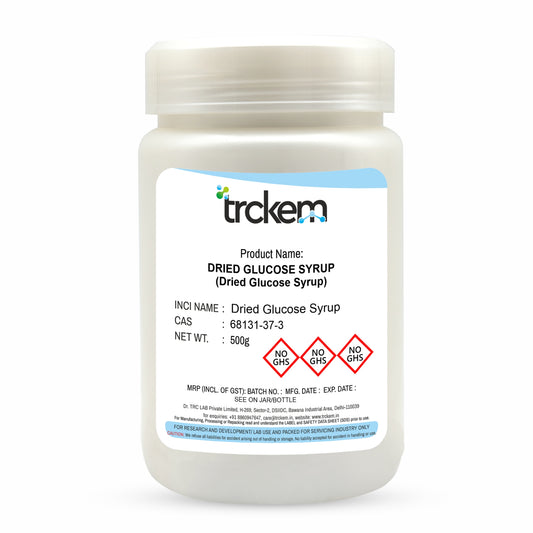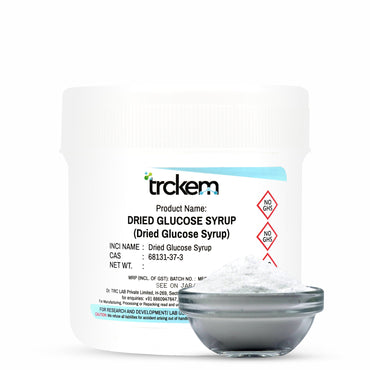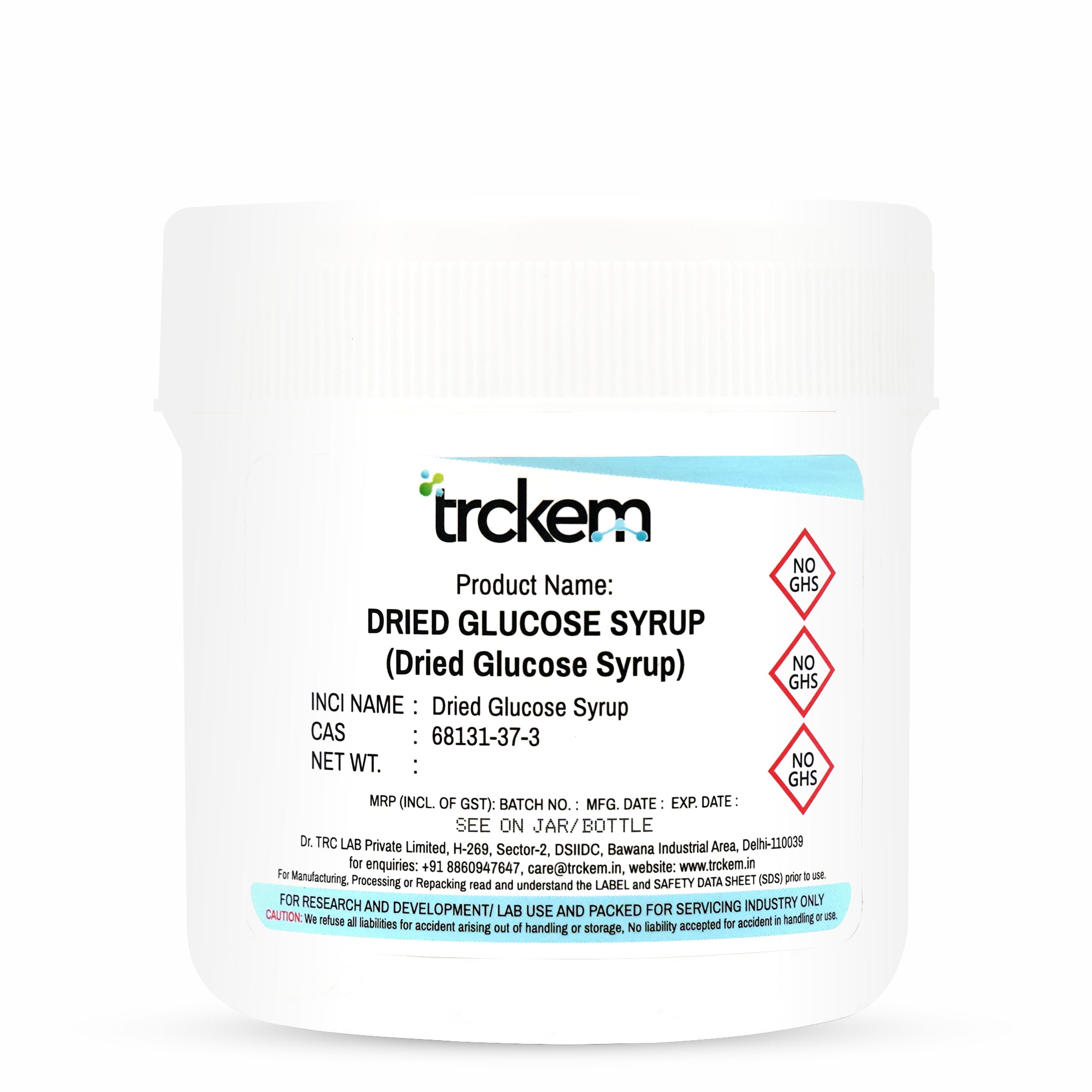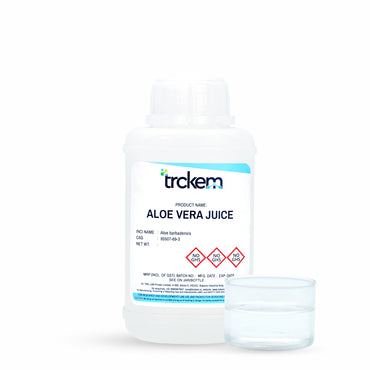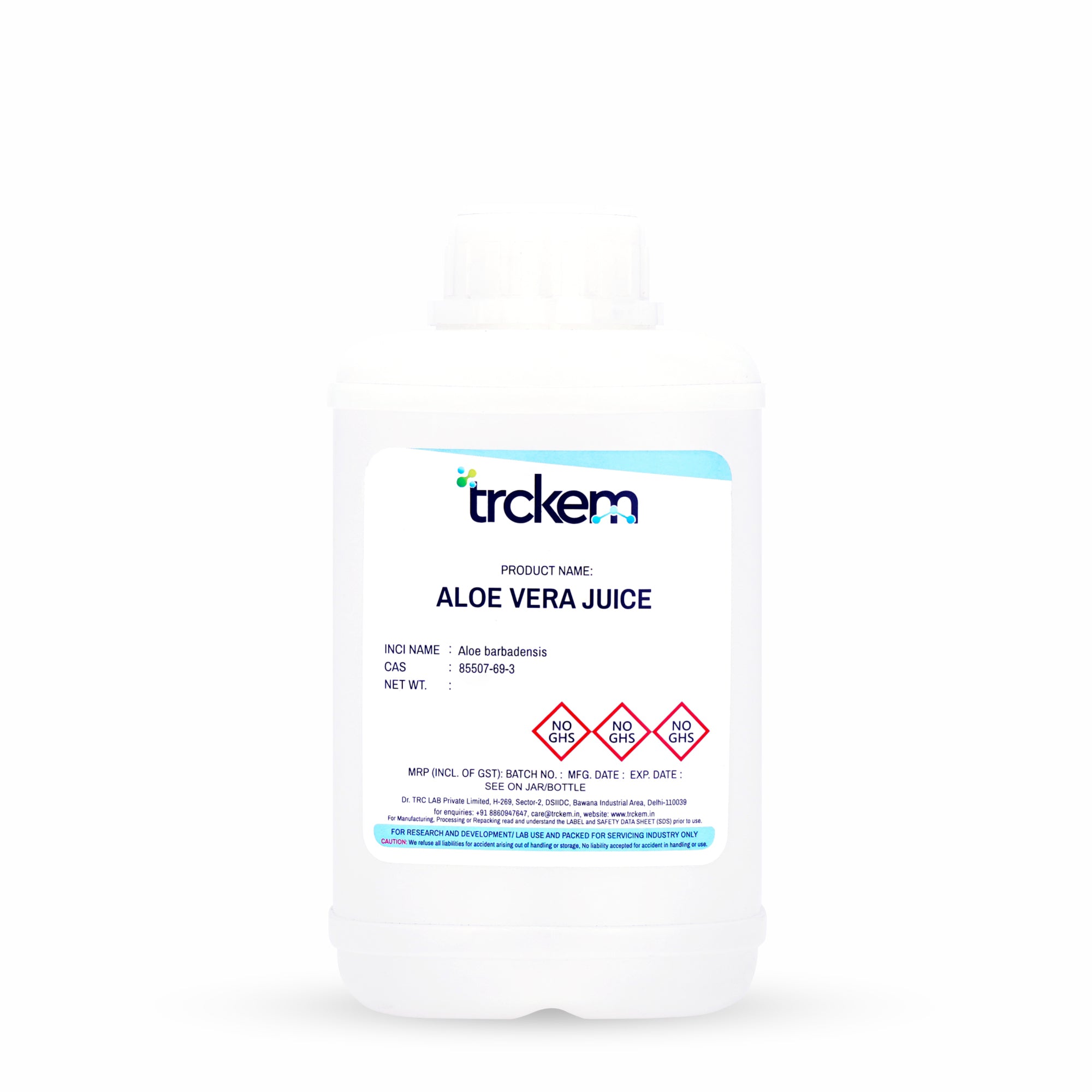General Description
Cyclomethicone is a lightweight, volatile silicone commonly used in the cosmetics and personal care industry. Known for its silky, non-greasy feel, this clear and odorless ingredient evaporates quickly, leaving behind no residue. It acts as an effective carrier for active ingredients and enhances the spreadability of formulations. Cyclomethicone is widely favored in the beauty and skincare sector for its smooth texture and quick-drying properties.
Uses in the Cosmetics Industry
Cyclomethicone plays a vital role in the manufacture of various cosmetic and personal care products, including:
- Skin Care Products: Used in lotions, creams, and serums to provide a lightweight, smooth application.
- Hair Care Formulations: Found in conditioners and styling products to add silkiness without buildup.
- Makeup & Primers: Enhances the texture of foundations, concealers, and setting sprays.
- Deodorants & Antiperspirants: Helps deliver active ingredients while ensuring a dry, non-sticky feel.
- Sunscreens & Serums: Improves spreadability and absorption of UV filters and other actives.
If you are looking to buy Cyclomethicone in bulk or wholesale, sourcing high-purity cosmetic-grade silicone ensures premium product quality and performance.
Side Effects & Hazards
Although Cyclomethicone is generally safe for topical use, some considerations include:
- Skin Sensitivity: Rare cases of mild irritation in individuals with sensitive skin.
- Inhalation Risks: Avoid prolonged inhalation of vapors during the manufacturing process.
- Environmental Concerns: Some forms of Cyclomethicone may persist in the environment, making it important to choose eco-friendly formulations.
- Flammability: As a volatile silicone, it is flammable and should be stored properly away from heat sources.
Where to Buy Cyclomethicone?
For manufacturers, bulk buyers, and wholesale suppliers looking for high-quality Cyclomethicone, it’s essential to partner with trusted sources that provide pure, cosmetic-grade formulations.
CAS Number: 0541-02-06
INCI: Cyclomethicone
Composition Cyclomethicone is composed of cyclic siloxane molecules, specifically cyclopentasiloxane.
Purity Grade: No purity grade applicable
Appearance: Clear and colorless liquid
Solubility: Soluble in a wide range of cosmetic oils and solvents
Preservation: Does not require preservation.
Storage: Store in a closed container at a dry place at room temperature
Raw Material Source: Derived from silicon
Manufacture: Cyclomethicone is produced through a manufacturing process that involves the distillation and purification of silicon compounds to obtain the cyclic siloxane structure.
Animal Testing: Not animal tested
GMO: GMO-free (does not contain plant-derived components)
Vegan: Does not contain animal-derived components
HS Code: 29319090
Proposition: CYCLOMETHICONE complies with relevant regulations and guidelines.
Warning: Avoid contact with eyes and skin. Use appropriate protective equipment when handling.
THE STORY OF CYCLOMETHICONE

Cyclomethicone: The Lightweight Silicone for Silky, Non-Greasy Formulations
Cyclomethicone is a volatile, low-viscosity silicone fluid used in skincare, haircare, and cosmetic formulations for a dry, silky, and non-greasy feel. It evaporates after application, leaving behind a soft finish — perfect for serums, primers, conditioners, deodorants, and color cosmetics requiring smooth spread and quick absorption.

Blend of Cyclic Siloxanes Engineered for Lightweight Performance
Cyclomethicone consists mainly of cyclic siloxanes (D4–D6), derived from refined silicone polymers.
It is clear, odorless, and highly stable, functioning as a carrier, emollient, and spreading agent.
TRCkem supplies cosmetic-grade Cyclomethicone with controlled volatility and purity, suitable for leave-on and rinse-off applications.

Smooth. Spread. Evaporate Clean.
Key benefits in personal-care formulations:
✅ Provides silky, dry touch with instant spreadability
✅ Acts as a volatile carrier for oils, actives & pigments
✅ Reduces greasy residue in rich emulsions
✅ Enhances shine and softness in hair products
✅ Ideal for oil-free, quick-dry, or weightless formulas
Used in: serums, foundations, conditioners, antiperspirants, deodorant sticks, and hair serums.

Volatile, Inert & Globally Approved — Handle with Ventilation
• Typical use level: 1–20% depending on formula type
• Add during cool-down phase (<50°C) to prevent loss of volatility
• Compatible with silicones, esters, oils & waxes
• Rapidly evaporates, leaving a soft after-feel
• Approved globally (EU, US, ASEAN, Japan) for cosmetic use
• Store sealed, cool, and away from heat sources — volatile fluid
• For D4/D5 regulatory regions, use D5/D6 or low-volatile blends
Formulator’s Queries, We Answered
1. What is Cyclomethicone?
Cyclomethicone is a type of volatile silicone commonly used in personal care and cosmetic products as a conditioning agent, emollient, and carrier fluid. It helps improve the spreadability of formulations, leaving a silky, non-greasy feel on the skin and hair. Due to its fast-evaporating nature, it is often used in lightweight and quick-drying formulations.
2. What is the CAS Number and INCI Name of Cyclomethicone?
CAS Number: 556-67-2 (for D4), 541-02-6 (for D5), 541-05-9 (for D6)
INCI Name: Cyclomethicone
3. What are the benefits of using Cyclomethicone in personal care products?
Lightweight & Non-Greasy Feel – Leaves a silky, smooth texture on skin and hair.
Fast Evaporation – Enhances the application of products without leaving residue.
Improves Spreadability – Helps formulations glide easily onto the skin or hair.
Enhances Absorption – Aids in delivering active ingredients without making the product heavy.
Non-Comedogenic – Does not clog pores, making it suitable for facial and body care.
4. What are the common applications of Cyclomethicone in personal care?
Hair Serums & Conditioners – Provides smoothness, shine, and frizz control.
Skin Care Products – Used in lightweight moisturizers, serums, and primers.
Deodorants & Antiperspirants – Enhances dry and smooth application.
Makeup & Foundations – Improves spreadability and helps create a matte finish.
Sunscreens & Body Lotions – Allows for even application without a greasy feel.
5. Is Cyclomethicone safe for use in personal care products?
Cyclomethicone is generally recognized as safe when used in appropriate concentrations. However, certain forms (like D4 and D5) have raised environmental concerns due to their persistence in the environment, leading some regions to impose restrictions on their use.
6. Can Cyclomethicone cause skin irritation?
Cyclomethicone is typically well-tolerated by most skin types. However, individuals with sensitive skin may experience mild irritation, so a patch test is recommended before widespread use.
7. Is Cyclomethicone environmentally friendly?
Cyclomethicone, especially D4 and D5, has been identified as a potential environmental pollutant due to its slow biodegradation. Many brands are shifting to alternative silicones that are more eco-friendly.
8. Are there alternatives to Cyclomethicone in personal care products?
Yes, alternatives include:
Dimethicone – A non-volatile silicone with similar conditioning benefits.
Isoamyl Laurate – A plant-derived alternative providing a silky texture.
Squalane – A lightweight emollient that mimics natural skin oils.


